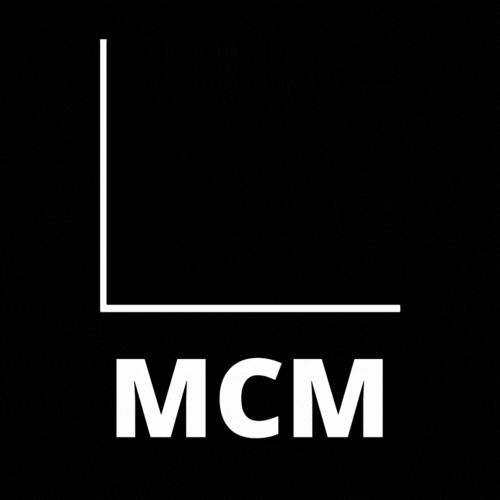Search Engine Marketing For Local Business
What is Search Engine Marketing?
According to Wikipedia: Search engine marketing (SEM) is a form of Internet marketing that involves the promotion of websites by increasing their visibility in search engine results pages (SERPs) primarily through paid advertising. SEM may incorporate search engine optimization (SEO), which adjusts or rewrites website content and site architecture to achieve a higher ranking in search engine results in pages to enhance pay-per-click (PPC) listings.
The Goal Of Search Engine Marketing For Local Businesses
Search engine marketing for local businesses is a process that can be used to improve visibility and ranking for a company’s website in search engine results pages (SERPs). The goal of search engine marketing for local businesses is to attract potential customers to a company’s website by increasing the number of clicks on organic search results. Organic search results are those that are generated without using paid advertising.
There are a lot of ways to improve visibility and ranking for a company’s website in search engine results pages.
Some of the most common methods include optimizing a website for keyword density, creating quality content, and implementing effective link-building strategies.
Search engine marketing for local businesses can be expensive, but it can be an effective way to increase traffic to a company’s website and grow its business.
What is the difference between Search engine marketing and SEO
The difference between search engine marketing and search engine optimization (SEO).
Search engine marketing (SEM) is a type of Internet marketing that includes researching, submitting, and positioning a website within search engines to achieve maximum visibility and to increase traffic referrals from search engines.
Search engine marketing may use search engine optimization (SEO—explained below) or pay-per-click (PPC) listings. Search engine marketing involves keyword research, competitive analysis, paid listings, and other search engine services that work to increase search traffic to a website.
Currently, the phrase “search engine marketing” is used to describe paid search activities. The phrase “search marketing” is often used to cover both search engine marketing and search engine optimization.
Search engine marketing can be classified into free (organic) and paid (inorganic) searches. Free search engine marketing uses on-page and off-page strategies to help search engines better recognize the relative importance of a website’s pages. Paid searches involve a search engine company charging fees to include a website on their results pages, also known as sponsored listings.
Understanding the Basics of Local SEO

Search engine optimization is the process of improving the visibility of a website or a webpage in a search engine’s organic or inorganic search results. Optimization relies on understanding how people conduct searches and what type of results Google chooses to display to its users. Typically, the earlier and more frequently a site appears in the search results list, the more visitors the site will receive. As an Internet marketing strategy, search engine optimization considers how search engines work, what people search for, the search terms or keywords typed into search engines, and which search engines the target audience prefers. Optimizing a website may involve editing its content, HTML, and associated coding to increase its relevance to specific keywords and to remove barriers to search engines’ indexing activities. Another search engine optimization tactic is to promote a site to increase the number of backlinks or inbound links.
What is the différence!
Search engine marketing is a broader term than search engine optimization, but the two strategies are complementary. Search engine optimization might be considered a subset of search engine marketing and aims to provide better organic search results, whereas search engine marketing helps websites attract targeted search engine users through organic searches and paid links in search results. Both strategies are necessary to successfully conduct business on the Internet, so consider submitting your content to Scribendi’s search engine optimization editing service prior to posting to ensure it is clear, optimized, and error-free.
Search engine optimization (SEO) is the process of improving a website’s visibility and ranking in search results pages (SERPs) for certain search keywords by optimizing on-page content, including titles, metas, headings and other elements. Local SEO is a subset of SEO that focuses on increasing visibility and ranking for websites within specific geographic areas.
Local SEO can be valuable for businesses in several ways:
- Increase web traffic from local customers
- Attract new customers
- Improve brand awareness
- Generate leads
- Enhance customer satisfaction 6).
Local SEO requires different techniques than off-site SEO because it is important to target people who are likely to interact with your business online. This means understanding what people are searching for in your area and creating relevant content that ranks high for those keywords. There are numerous tools and techniques available to help with local SEO, but it all starts with identifying your targets and developing a plan for achieving success.
Developing a Local SEO Strategy
Developing a local SEO strategy starts by understanding your competition. Use keyword research to determine which keywords are most important to your business and focus your marketing efforts on promoting them. Additionally, make sure that your website is optimized for mobile devices, as search results appear prominently on these screens. Finally, conduct regular site audits to ensure that you’re continuing to improve the visibility of your online presence.
Creating a Targeted Keyword List
Understanding Search Engine Marketing
Creating a targeted keyword list is the first step in search engine marketing for local businesses. There are a few things to keep in mind when compiling your keyword list:
- Think about what potential customers might be searching for on Google, and focus your efforts there.
- Keep your keywords relevant to your business and the services or products you offer.
- Pick keywords that will show up in Google searches even when your competitors are included.
- Create an ad campaign specifically targeting those keywords with paid advertising or through online channels such as social media.
Measuring Results of Your Local SEO Efforts
Creating a Targeted Keyword List
Local SEO is all about finding the right keywords that will help your business rank higher in search engine results pages (SERPs). The right keywords can help you attract more customers, increase web traffic, and improve your bottom line. However, choosing the wrong keywords can actually do the opposite of these things.
To create a targeted keyword list, you first need to identify your target market. Researching your industry, conducting market research, or simply asking your customers what they are looking for can do this. Once you have a good idea of what keywords to target, you can begin to compile a list.
To measure the success of your local SEO efforts, you will need to track at least two metrics:
- Traffic: This will tell you how much traffic your website is getting from search engine results pages.
- Conversion Rate: This will tell you how many people are converting from search engine results pages into customers.
Once you have tracked your traffic and conversion rates for a period of time, you can begin to make adjustments to your keyword list to improve your results.
Optimizing Your Website for Local Search
One of the more effective methods for promoting your business online is through search engine optimization (SEO). SEO is the process of making sure your website loads quickly and easily in search engine results pages (SERP).
This can be accomplished by optimizing your website content, on-page elements, and links to other relevant websites. Paying an outside company to do this can be expensive, so you may want to consider doing it yourself. There are many free resources available online that will help you improve your SEO ranking.
If you’re looking to take your business offline, local SEO is essential. Local SEO refers to optimizing a website for display in specific geographic locations. These Locations can be cities, counties or even ZIP codes.
The goal of local SEO is to get as high up on the Google listings as possible so potential customers will find you before they visit a competitor’s site. In order to target certain Locations specifically, you’ll need detailed information about those Locations including population statistics and what types of businesses are located there.
Once you have this information, it’s time to start tweaking your website content and design so it looks good in each Location. Each location has its own unique set of preferences which should be taken into account when designing the site.
For example, some people prefer sites with thick text columns, while others might prefer less intrusive designs that fade away after a few seconds of loading time. Once again, there are many helpful resources available online that will walk you through the basics of implementing local SEO correctly
While most businesses can benefit from basic SEO techniques such as keyword research and creating optimized titles and Meta descriptions, small businesses sometimes feel overwhelmed trying to tackle these tasks on their own. This is where digital marketing services come in handy; they can provide guidance beyond what most small businesses would attempt on their own, helping companies achieve greater web visibility.
Additionally, digital marketing professionals often have relationships with reputable third-party service providers who offer discounted rates, especially for small businesses. So whether or not you decide to go all-in with getting optimized by using an outside company or enlisting help from a trusted friend or colleague – remember: having great content delivered flawlessly across all channels equals exposure – one step at a time!
Building Quality Links to Your Site
Understanding the Basics of Search Engine Marketing
Search engine marketing is the process of using search engines to bring traffic to your website. There are a number of different ways to do this, and each has its own advantages and disadvantages. The most common way to do search engine marketing is through paid advertising. You can also promote your site through links from other websites, social media, and email campaigns.
There are a number of different factors that affect how well your site will perform in search engines. One of the most important is the quality of your links. Links are the links that appear next to your site in the search engine results pages (SERPs). The more links your site has from high-quality websites, the more likely people are to find it in search engines.
There are a few things you can do to improve the quality of your links. The first is to create high-quality content. This will make your site more informative and interesting, and it will make it easier for people to link to it. You can also promote your site through social media and email campaigns. This will help you attract new followers and subscribers, which in turn will increase the number of links from high-quality sources that your site receives.
Measuring the Impact of Your Search Engine Marketing Efforts
Search engine marketing is a valuable tool for local businesses, as it can help drive traffic to your website and increase sales. However, BDS researchers note that there are several key considerations you should take into account when planning your search engine marketing strategy:
First and foremost, you need to make sure your site is optimized for local search. This includes ensuring that all the appropriate keywords are included in your website’s title tags and meta descriptions, as well as adding relevant synonyms (i.e., “dog groomers San Diego”). Additionally, be sure to add alternate text files (alt attributes) to images so they can be interpreted by search engines as alternative phrases related to the image topic (i.e., “dog groomers in San Diego”).
Once your site is optimized for local search, you’ll need to begin developing links. Quality links are essential to the success of your SEO strategy, as they will help to boost your site’s ranking in Google and other major search engines. One way to obtain quality links is through link-building efforts:
Specifically, you can submit your website for inclusion in relevant directories and community websites, or actively seek out article submissions from industry bloggers. Additionally, you can participate in online forums and social media networks (SMM) devoted to specific topics related to your business. Finally, make use of paid link services that offer comprehensive link-building packages tailored specifically for local businesses.
To determine the impact of your search engine marketing efforts, you’ll need to track both organic and paid traffic. BDS maintains a comprehensive database of search engine ranking data, which you can use to measure the progress of your marketing campaigns (and make necessary course corrections).
By following these tips and taking into account the specific needs of your business, you can successfully implement search engine marketing efforts and drive traffic back to your website.
SEO PRODUCTS
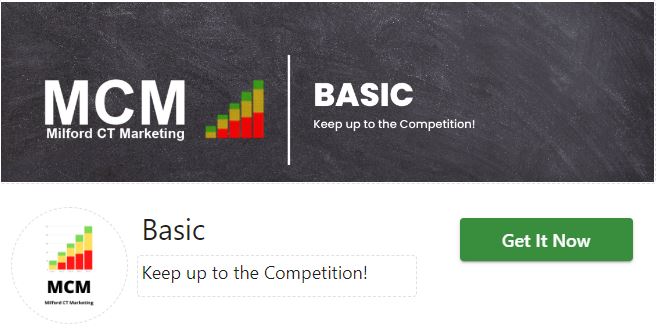
$499 Monthly Basic Ranking Package
Basic Package Includes – SEO Service, Reputation Management, Social Marketing, Yext Premium Citation Builder, and more click here to see everything
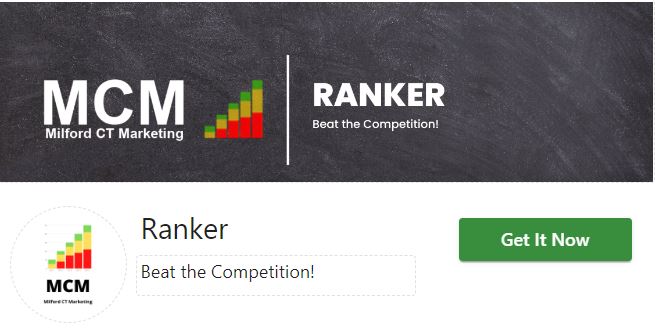
$999 Monthly Ranker Package
Includes everything in basic plus, Website SEO Error Fixes, Google Business Profile Optimization, KPI Dashboard, Website Monitoring Dashboard and more click here to see everything included
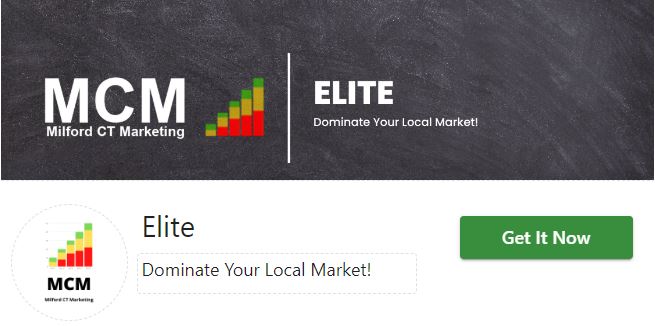
$1,499 Monthly Elite Package
Everything in Basic and Ranker Plus SEO Boost, Auto Review responses, Review Requests, Social Posts 1x per week, Extended Reach, and more, click here to see everything that is included
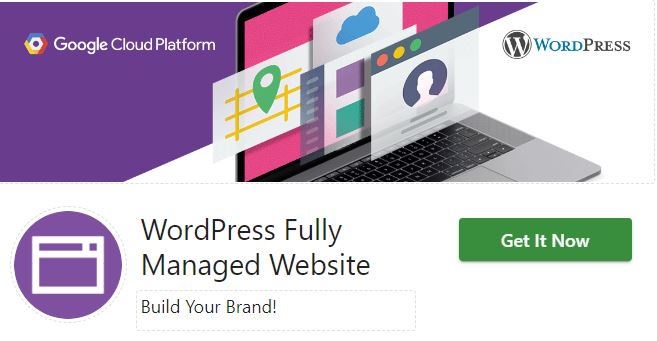
Fully Managed Website $250 Monthly
Create a beautiful website that is hosted on an incredibly fast, secure, and easy-to-use platform — it’s all possible when you combine the Google Cloud Platform with WordPress
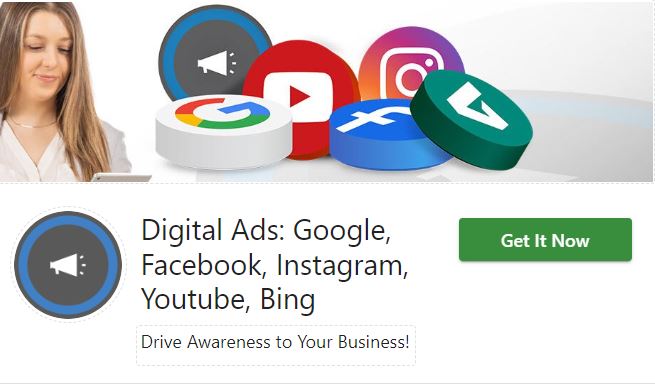
Digital Ads Starting @ $300 Monthly
Includes everything in basic plus, Website SEO Error Fixes, Google Business Profile Optimization, KPI Dashboard, Website Monitoring Dashboard and more click here to see everything included
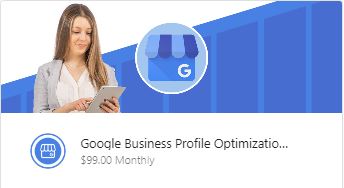
$99 Google Business Profile Optimization and Maintenance
Includes a Google Business Claim! We can claim and manage your Google Business Profile to help your business get found by more people Click here to find out more
